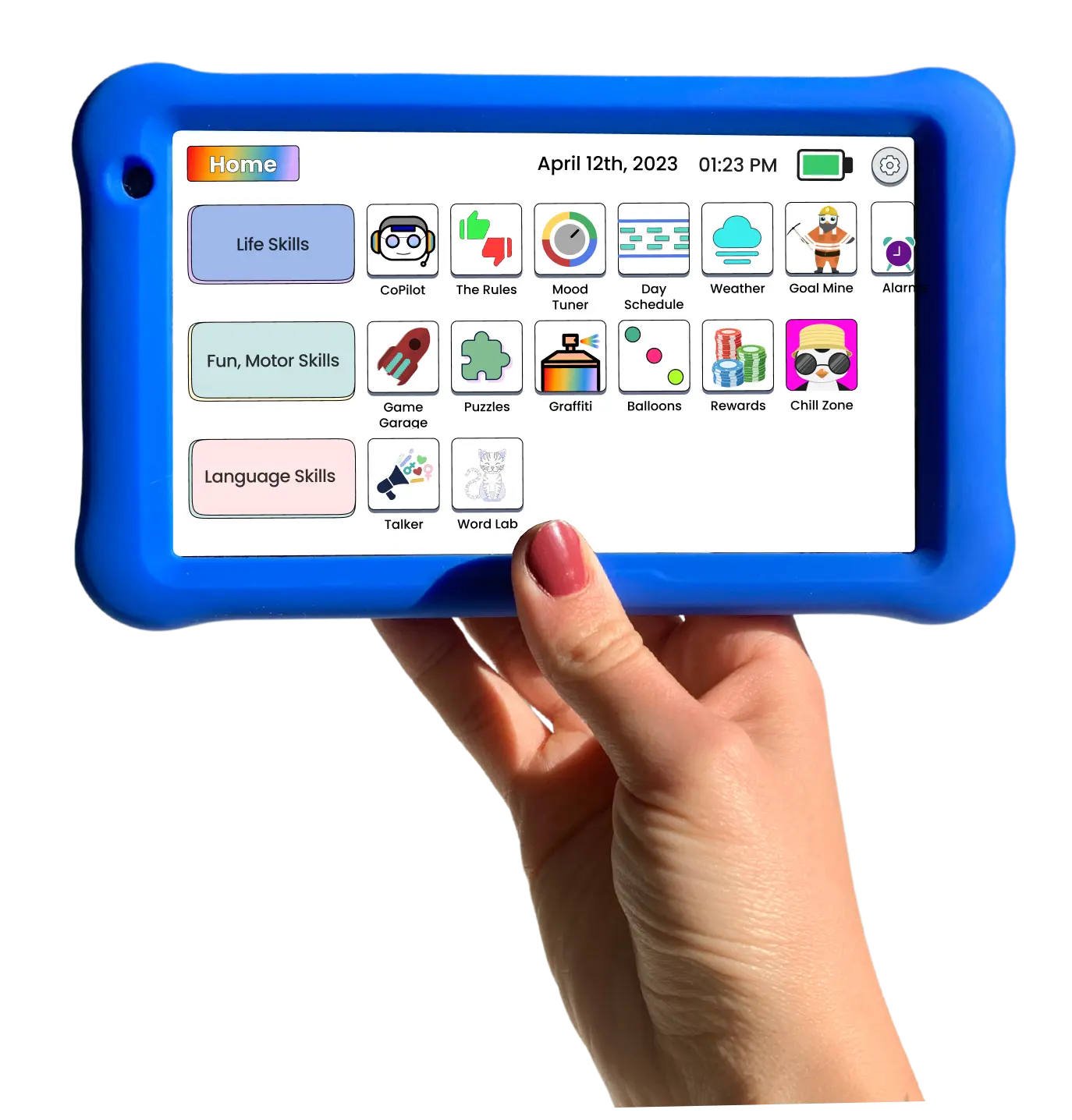It might be hard to spot signs of a neonatal stroke because babies can’t let you know something’s off in the straightforward ways older children can. But that doesn’t mean there aren’t warnings to watch for. Some possible signs might be:
- Seizures: Involuntary movements or gazes that seem ‘stuck.’
- Pause in breathing: Short stops in the baby’s breath, also known as apnea.
- Weakness: Odd weakness or movement, mainly on one side of the body.
- Poor feeding: Difficulty eating or lacking interest in feeding.
Observing any of these signs, or a mix of them, can be a strong indicator. If you notice any of these, call your doctor right away. They’ll guide you on what to do next, helping to ensure your little one gets needed care as swiftly as possible.
Remember, every baby is unique, and symptoms can vary. When in doubt, always get in touch with a healthcare professional.















